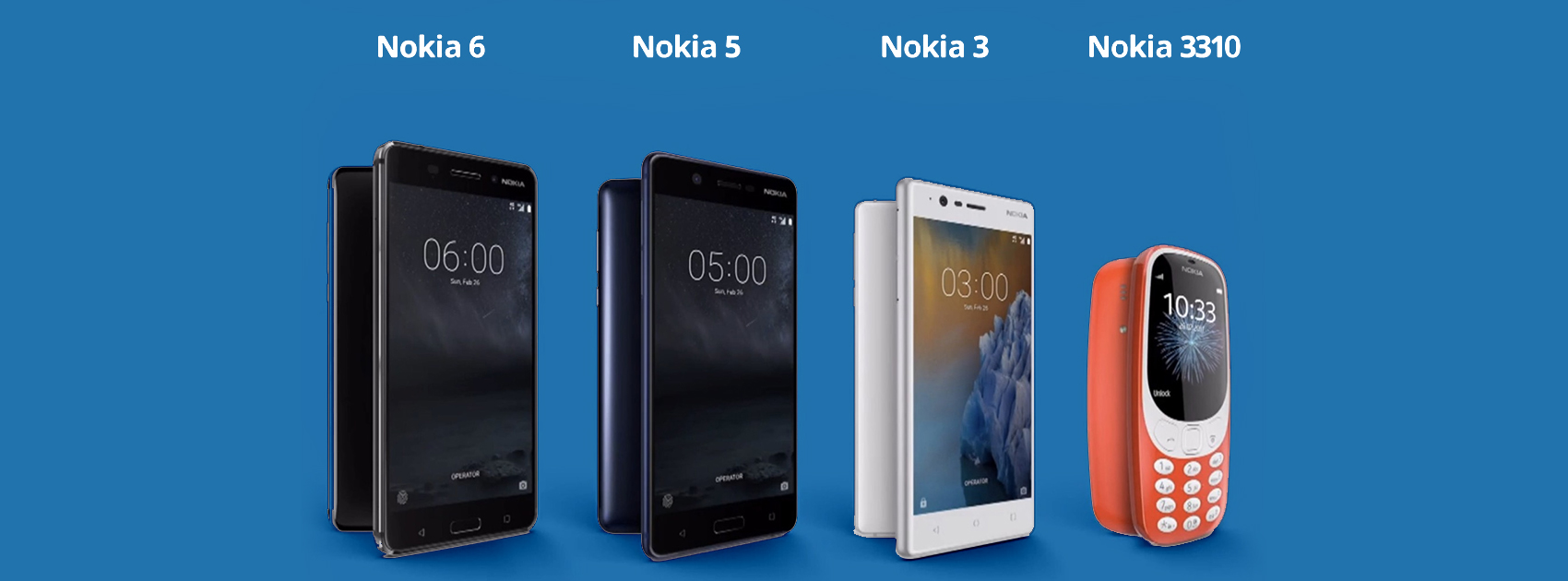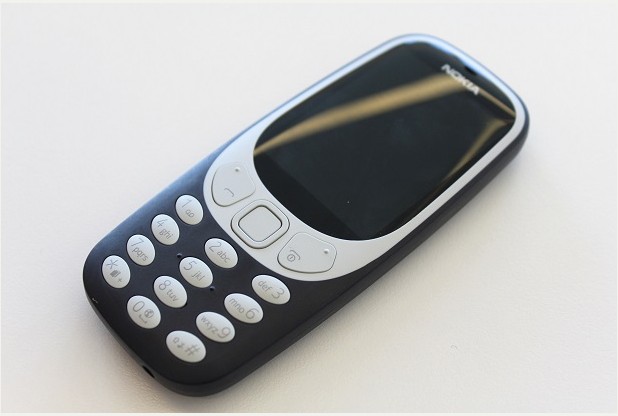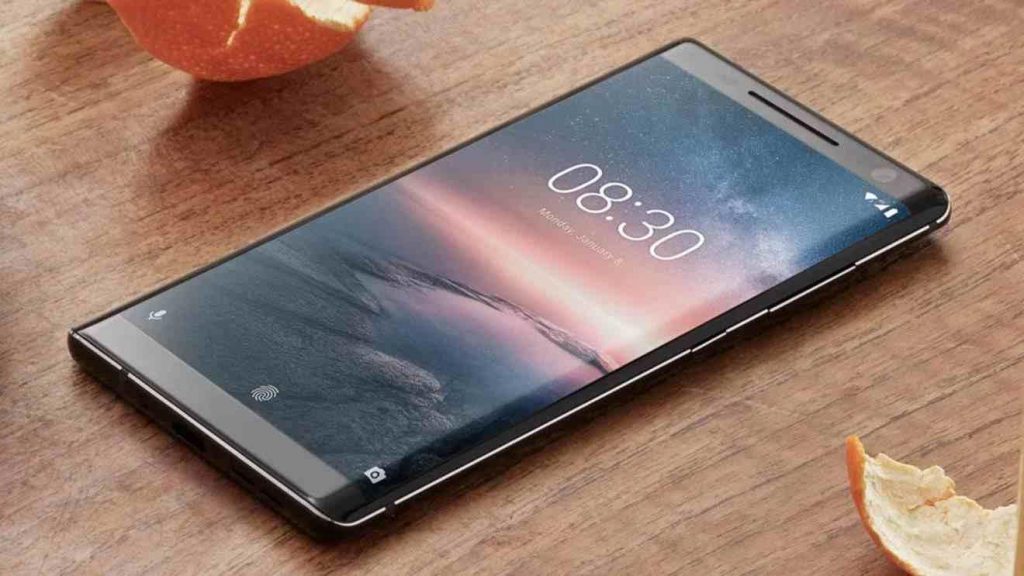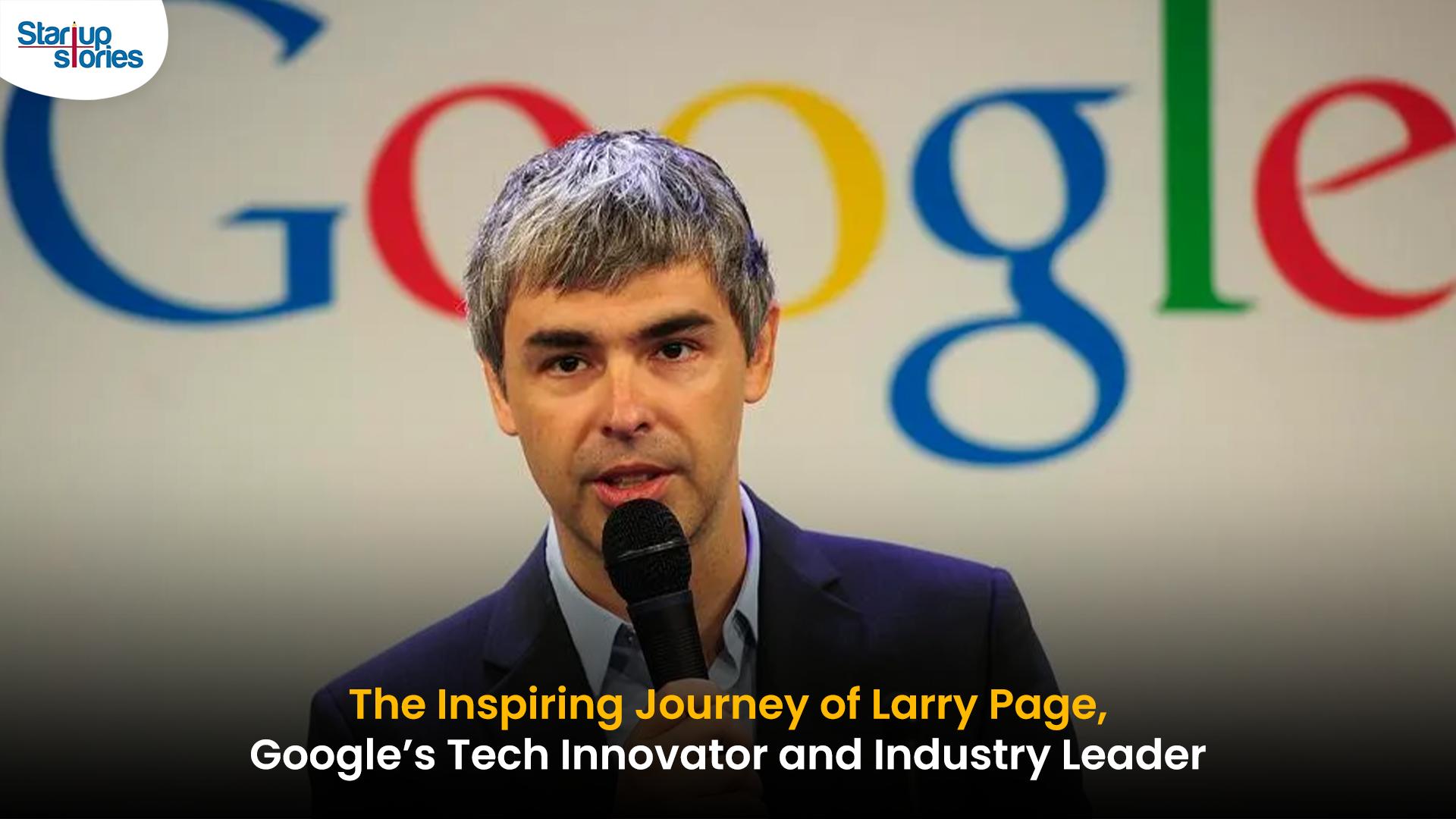Entrepreneur Stories
The Grand Nokia Comeback

Despite the grand acquisition of Nokia by Microsoft in 2013, there were strong rumours flying around about Nokia’s disappearance. However, the close of 2016 saw something truly magical happening. Different companies around the world were rooting for a comeback by Nokia. With almost all the acquisition money down the drain and over 500 employees being laid off, Microsoft selling Nokia to HMD Global didn’t come as a surprise.
Why Nokia failed in the past
There were several reasons as to why Nokia wasn’t at the top between the years 2013 and 2016. Firstly, the world started thinking of Nokia phones as ancient products, without a modern touch. Secondly, Nokia just failed to catch up to the smartphone revolution and stalled in terms of producing innovative phones. Third, the Nokia and Microsoft acquisition just wasn’t working the way it was supposed to, a move which resulted in the complete stagnation of Nokia’s growth.
When HMD Global decided to remake Nokia into a world superpower, there was one goal: to imagine Nokia as the leader not just now, but in the year 2020 as well! The iconic Mobile World Congress conference in 2016, saw HMD position Nokia not just among the top three brands, but at the top of the chain by promising a series of new and innovative phones. Shortly after, the Company launched the Nokia 3, Nokia 5 and Nokia 6. Not only did they launch these three new phones, Nokia also launched the improved and refurbished version of the Nokia 3310. The launch of the Nokia 3310 in the form of a smartphone was a welcome addition because back in the good old days, this was one of the most widely used Nokia phones.

Picture credits: Quora.com
The journey to a bright future
While the new phones and tablets may have been the start of Nokia’s rise from the ashes, it was the marketing strategy employed by HMD which put the Company back on the map. With over 400 distributors present in more than 300 cities across the world, HMD made sure Nokia surpassed all its competition and almost regained its former glory.

Picture credits: Quikr.com
However, despite selling more than 4.4 million phones in the last quarter of 2018, the Company still struggled to stay afloat. While the Nokia 8 was like rain on a drought filled day, it wasn’t enough to satiate everyone’s growing hunger. The answer to the growing need for innovation? The Nokia 9! Two years after being bought by HMD Global, Nokia made not one, but several strategic changes like onboarding new distributors, changing its marketing game and making phones which were easily affordable by everyone!
With a series of phones which aren’t just affordable, but also infused with innovation and technology, Nokia has already managed to beat one of its primary competitors: HTC! With the Nokia 9 coming out soon, it is going to be interesting to see where the future of this Company lies!
Videos
T.N. Seshan: The Fearless Reformer Who Redefined Indian Democracy

T.N. Seshan’s name stands tall in India’s history as the man who transformed the nation’s electoral system with extraordinary courage and integrity. Born in 1932 in Kerala, Seshan grew up with values of discipline, education, and service to the nation — virtues that shaped his illustrious journey. From his early brilliance at Madras Christian College to his advanced studies in public administration at Harvard University, Seshan’s path reflected rare determination and intellect. Joining the Indian Administrative Service in 1955, he built a reputation as a no‑nonsense officer committed to efficiency and honesty, serving in key roles such as Secretary of Defense and overseeing vital national programs.
As the Chief Election Commissioner of India in 1990, T.N. Seshan sparked a new era of electoral integrity. In a system once marred by corruption, violence, and malpractice, Seshan brought order, fear, and respect through his groundbreaking reforms. He introduced voter ID cards, imposed strict spending limits on campaigns, and insisted on transparency at every level of the election process. Despite criticism from political circles that labeled him dictatorial, his relentless pursuit of fairness empowered every citizen to vote fearlessly. Under his leadership, the Election Commission became a symbol of strength and integrity in Indian democracy.
Seshan’s passing in November 2019 marked the end of an era, but his message continues to resonate across generations. Leaders from every corner of the country mourned the loss of the man who restored faith in free and fair elections. His enduring legacy reminds us that true leadership lies not in wielding power, but in serving people with honesty, courage, and conviction. T.N. Seshan’s life remains a timeless inspiration a reminder that democracy thrives only when its citizens are vigilant, responsible, and fearless.
Entrepreneur Stories
Indian Man Quits JPMorgan, Takes 70% Pay Cut to Launch $6 Million Startup

Leaving behind a high-paying job at JPMorgan, an Indian entrepreneur embraced a 70% salary cut to pursue true purpose and passion in the startup world. Disenchanted with what he described as a “robotic” corporate routine, he sought meaningful work that made a real impact. This pivotal decision marked the beginning of his new journey, one focused on value creation rather than titles and corporate perks.
Powered by resilience and fresh perspective, the entrepreneur launched his own startup, prioritizing innovation and hands-on solutions. The road was challenging, but his vision resonated with the market: the startup quickly gained traction and raised $6 million—an impressive acknowledgement of its potential in a competitive landscape. Every hard lesson from early setbacks and bootstrapping paid off in real customer growth and investor confidence.
Today, his journey stands as an inspiring example for professionals seeking authentic success outside the corporate grind. By trading comfort for creative freedom, he grew a venture that solves important problems, generates jobs, and builds wealth beyond just salary. For ambitious founders, his story highlights the power of risk-taking, adaptability, and relentless focus on impact in India’s thriving startup ecosystem.
Videos
Larry Page: The Visionary Co-Founder Behind Google’s Global Success

Larry Page is a visionary technology entrepreneur and co-founder of Google, one of the world’s most influential companies. Born in 1973 in Michigan, Page grew up surrounded by computer technology, which inspired his passion for innovation from an early age. He studied computer engineering at the University of Michigan and later pursued his PhD at Stanford University, where he developed the revolutionary PageRank algorithm with Sergey Brin. This technology fundamentally changed the way search engines rank websites, making Google the most accurate and popular search engine globally.
The journey of Larry Page and Google began in 1998 when they officially launched the search engine from a small garage. Leveraging their unique algorithm, Google quickly surpassed competitors due to its ability to deliver highly relevant search results, transforming internet search forever. Under Larry Page’s leadership as CEO, Google expanded beyond search to launch groundbreaking products including YouTube, Gmail, and Google Maps, turning it into a global tech powerhouse that shapes how we access and interact with information online.
Larry Page later became the CEO of Google’s parent company, Alphabet Inc., driving innovation and investment in next-generation technologies such as artificial intelligence, autonomous vehicles, and healthcare solutions. His visionary leadership and commitment to technological advancement have cemented his legacy as one of the most influential figures in the tech industry. Today, Larry Page remains a key influencer in shaping the future of technology and digital innovation worldwide.













谷歌站群
November 7, 2025 at 12:09 am
专业构建与管理谷歌站群网络,助力品牌实现全域流量的强势增长。谷歌站群
GO88
November 7, 2025 at 8:39 pm
Tham gia cộng đồng game thủ tại Go88 để trải nghiệm các trò chơi bài, poker phổ biến nhất hiện nay.
谷歌蜘蛛池
November 9, 2025 at 12:23 pm
利用强大的谷歌蜘蛛池技术,大幅提升网站收录效率与页面抓取频率。谷歌蜘蛛池
J88
November 12, 2025 at 4:38 pm
Đến với J88, bạn sẽ được trải nghiệm dịch vụ cá cược chuyên nghiệp cùng hàng ngàn sự kiện khuyến mãi độc quyền.
站群程序
November 14, 2025 at 4:49 pm
搭载智能站群程序,自动化搭建与管理,为SEO项目提供核心驱动力。站群程序
iwin
November 16, 2025 at 3:05 pm
iwin – nền tảng game bài đổi thưởng uy tín, nơi bạn có thể thử vận may và tận hưởng nhiều tựa game hấp
MM88
November 20, 2025 at 10:27 am
Khám phá thế giới giải trí trực tuyến đỉnh cao tại MM88, nơi mang đến những trải nghiệm cá cược thể thao và casino sống động.
MM88
November 25, 2025 at 2:28 pm
Với giao diện mượt mà và ưu đãi hấp dẫn, MM88 là lựa chọn lý tưởng cho các tín đồ giải trí trực tuyến.
Freispiele Mr Bet Casino
December 21, 2025 at 2:09 am
Glücksspiel soll Spaß machen – spielen Sie verantwortungsvoll.
Boni und Aktionen gelten oft für beide Bereiche, sodass Sie flexibel und abwechslungsreich spielen können. Das VIP-Programm von WSM Casino bietet exklusive Vorteile wie Cashback, Rakeback, Turniere, Sonderboni und persönlichen Support.
Dank SSL-Verschlüsselung, Lizenz und sicheren Zahlungsmethoden können deutsche Spieler
hier vertrauensvoll spielen. Dank modernster Technologie sind alle Spiele vollständig
für mobile Geräte optimiert und bieten eine reibungslose Bedienung sowohl auf Smartphones als auch Tablets.
Spieler können unterwegs spielen, Einsätze platzieren und Gewinne in Echtzeit verfolgen, ohne Einschränkungen bei Qualität oder Funktionalität.
Bei den Kosten ist das WSM Casino besonders spielerfreundlich.
Sie können nämlich im gesamten Casino nicht mit
Fiat-Währungen spielen. Hier gibt es nicht nur beschleunigte Barauszahlung oder
zusätzliche Bonusangebote, sondern auch spielerische Überraschungen. Nutzen Sie dafür die Demo-Version und spielen Sie mit virtuellem
Guthaben. WSM Casino bietet sowohl eine mobile App als
auch eine Browser-Version.
References:
https://online-spielhallen.de/dolly-casino-aktionscode-dein-weg-zu-tollen-boni-angeboten/
best RocketPlay codes
December 27, 2025 at 2:14 pm
TeamViewer meets a wide range of remote support
needs for users across all industries and organizational sizes.
“I can quickly remote in and solve their problem, so there’s no downtime or lag in our customer service.” Our
current remote resolution rate is extremely high, and
our customer satisfaction is high even in this era
when people feel systems should always run smoothly.” “In order to be
able to react quickly, we needed a remote support solution that,
in addition to the usual Windows PCs at the workstations, also
supported iOS of the latest generation, and in particular our
app.” Access and control any device regardless of operating system with TeamViewer’s universal remote desktop connection. Connect seamlessly between Windows, use the remote desktop connection for macOS systems, or connect to Linux, Android, Raspberry Pi, and other platforms and manage your digital ecosystem from anywhere.
TeamViewer stands out for its secure, reliable remote access connections across multiple devices. It’s a lightweight, executable program that requires no installation, enabling end-users to temporarily grant access to their devices for attended access and remote support. This includes connecting between your personal devices or helping friends and family with remote support. Remote access software uses an internet connection to establish a secure link between two remote computers, allowing users to control the remote computers as if they were physically present. Maintenance teams gain secure remote access to troubleshoot equipment, run diagnostics, and deploy updates remotely—particularly valuable for hazardous or remote locations.
The TeamViewer full client is designed for providing remote support to end users. Whether you need to remotely manage commercial equipment, optimize industry processes, or enhance IT support, TeamViewer Remote has you covered. Whether you prefer on-premises deployment or cloud-based management, TeamViewer adapts to your enterprise architecture while ensuring the reliable remote support essential for business continuity across your global footprint.
References:
https://blackcoin.co/6_vip-casino-review-2022-special-bonuses-for-canadians_rewrite_1/
best RocketPlay codes
December 27, 2025 at 2:15 pm
TeamViewer meets a wide range of remote support
needs for users across all industries and organizational sizes.
“I can quickly remote in and solve their problem, so there’s no downtime or lag in our customer service.” Our
current remote resolution rate is extremely high, and
our customer satisfaction is high even in this era
when people feel systems should always run smoothly.” “In order to be
able to react quickly, we needed a remote support solution that,
in addition to the usual Windows PCs at the workstations, also
supported iOS of the latest generation, and in particular our
app.” Access and control any device regardless of operating system with TeamViewer’s universal remote desktop connection. Connect seamlessly between Windows, use the remote desktop connection for macOS systems, or connect to Linux, Android, Raspberry Pi, and other platforms and manage your digital ecosystem from anywhere.
TeamViewer stands out for its secure, reliable remote access connections across multiple devices. It’s a lightweight, executable program that requires no installation, enabling end-users to temporarily grant access to their devices for attended access and remote support. This includes connecting between your personal devices or helping friends and family with remote support. Remote access software uses an internet connection to establish a secure link between two remote computers, allowing users to control the remote computers as if they were physically present. Maintenance teams gain secure remote access to troubleshoot equipment, run diagnostics, and deploy updates remotely—particularly valuable for hazardous or remote locations.
The TeamViewer full client is designed for providing remote support to end users. Whether you need to remotely manage commercial equipment, optimize industry processes, or enhance IT support, TeamViewer Remote has you covered. Whether you prefer on-premises deployment or cloud-based management, TeamViewer adapts to your enterprise architecture while ensuring the reliable remote support essential for business continuity across your global footprint.
References:
https://blackcoin.co/6_vip-casino-review-2022-special-bonuses-for-canadians_rewrite_1/
best RocketPlay codes
December 27, 2025 at 2:15 pm
TeamViewer meets a wide range of remote support
needs for users across all industries and organizational sizes.
“I can quickly remote in and solve their problem, so there’s no downtime or lag in our customer service.” Our
current remote resolution rate is extremely high, and
our customer satisfaction is high even in this era
when people feel systems should always run smoothly.” “In order to be
able to react quickly, we needed a remote support solution that,
in addition to the usual Windows PCs at the workstations, also
supported iOS of the latest generation, and in particular our
app.” Access and control any device regardless of operating system with TeamViewer’s universal remote desktop connection. Connect seamlessly between Windows, use the remote desktop connection for macOS systems, or connect to Linux, Android, Raspberry Pi, and other platforms and manage your digital ecosystem from anywhere.
TeamViewer stands out for its secure, reliable remote access connections across multiple devices. It’s a lightweight, executable program that requires no installation, enabling end-users to temporarily grant access to their devices for attended access and remote support. This includes connecting between your personal devices or helping friends and family with remote support. Remote access software uses an internet connection to establish a secure link between two remote computers, allowing users to control the remote computers as if they were physically present. Maintenance teams gain secure remote access to troubleshoot equipment, run diagnostics, and deploy updates remotely—particularly valuable for hazardous or remote locations.
The TeamViewer full client is designed for providing remote support to end users. Whether you need to remotely manage commercial equipment, optimize industry processes, or enhance IT support, TeamViewer Remote has you covered. Whether you prefer on-premises deployment or cloud-based management, TeamViewer adapts to your enterprise architecture while ensuring the reliable remote support essential for business continuity across your global footprint.
References:
https://blackcoin.co/6_vip-casino-review-2022-special-bonuses-for-canadians_rewrite_1/
https://www.garagesale.es/author/dhjthorsten
December 29, 2025 at 12:06 pm
online casino mit paypal
References:
https://www.garagesale.es/author/dhjthorsten
https://pridestaffing.us
December 29, 2025 at 12:21 pm
online casino australia paypal
References:
https://pridestaffing.us
https://pridestaffing.us
December 29, 2025 at 12:23 pm
online casino australia paypal
References:
https://pridestaffing.us
https://pridestaffing.us
December 29, 2025 at 12:26 pm
online casino australia paypal
References:
https://pridestaffing.us
https://pridestaffing.us
December 29, 2025 at 12:27 pm
online casino australia paypal
References:
https://pridestaffing.us